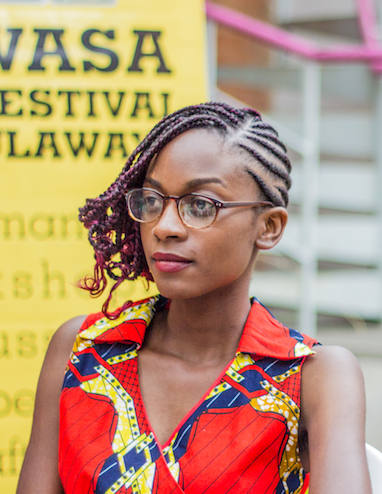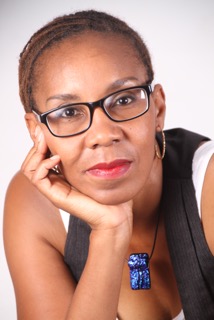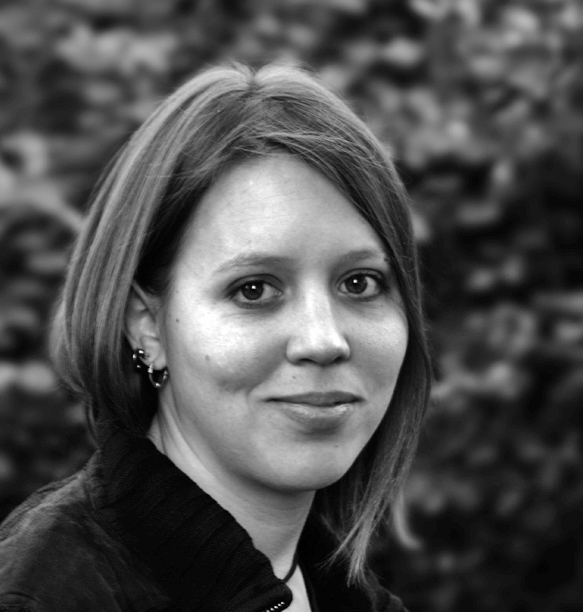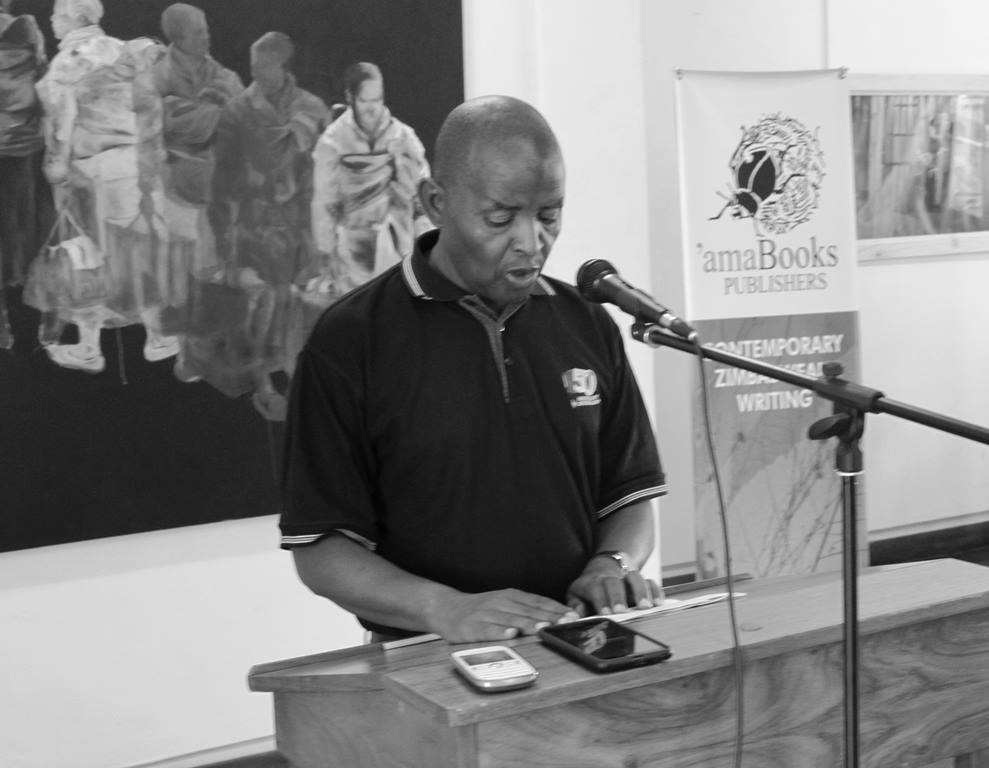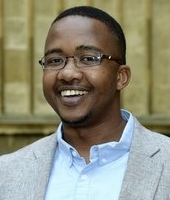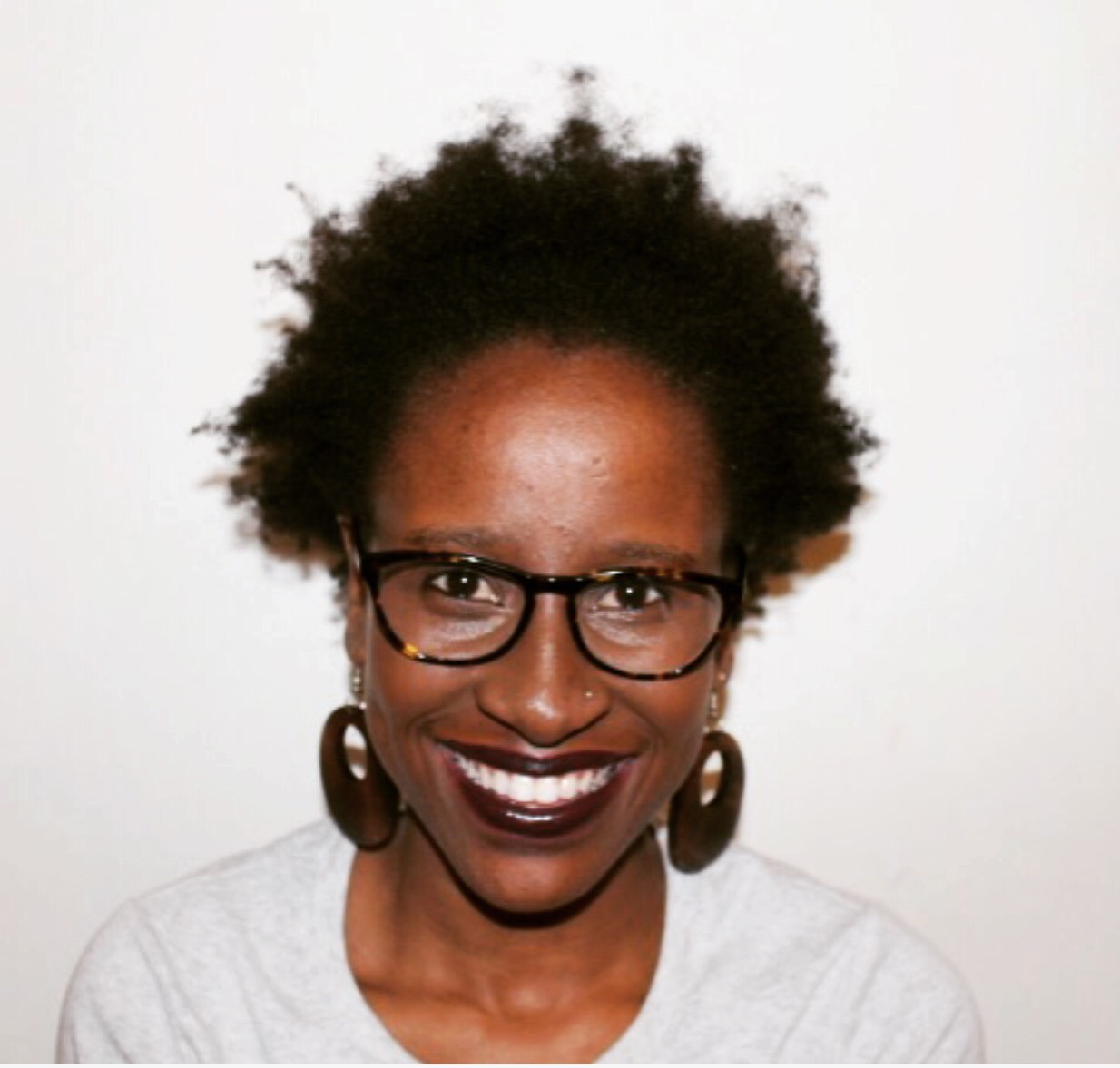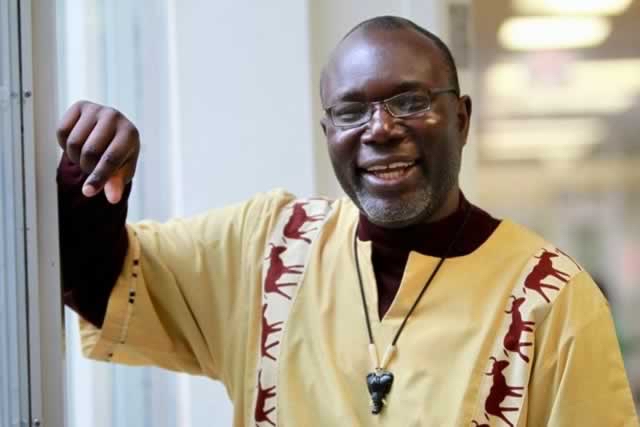http://www.hararenews.co.zw/2014/07/long-time-coming-short-writings-from-zimbabwe/
There is more to Zimbabwe than is often portrayed in the media. I recently came across the collection of short stories and poems Long Time Coming: Short Writings from Zimbabwe, there are contributions from thirty-three writers and, although there are pieces about squalor, poverty and the desperate lives of people, there are glimpses of another side to life in the country. What particularly struck me is the capacity for the human spirit not just to survive but to find hope against all odds. Linda Msebele’s protagonist in The Chicken Bus endures a gruelling bus ride home from work, but her spirits are lifted simply by the shared laughter with a fellow passenger, ‘… I am warmed by laughing and smiling at someone who still remembers that it is possible to smile, to laugh and to wink.’ The refrain of hope is again found in Judy Maposa’s First Rain, which reads like a prose poem, ‘I am spent. I am hollow. I am ready to dream, to fill up my mind with hope because without hope tomorrow is stillborn’. In Bhekiliswe Dube’s Loving the Self, sisters draw strength from each other after one escapes an abusive marriage.
There is dark humour too, in John Eppel’s The Awards Ceremony, presided over by the Deputy Minister of Borrowdale Shopping Centre. In Sandisile Tshuma’s Arrested Development, Lihle feels she is entitled to a mid-life crisis given the low life expectancy in the country, but her friend messages , ‘Sori m8. In mid-20s nw so u hav abt 10 mo yrs left 2 liv. Thz r the sunset yrs. 2 l8 4 crisis.’ The conflict between traditional and modern is highlighted with humour in Mzana Mthimkhulu’s Not Slaves to Fashion, as plans for a wedding are discussed.
Although the majority of the stories and poems are by Zimbabwean writers, there are a scattering of pieces from those who have visited the country. Lloyd Robson’s character sits in a bar in mid-town Bulawayo, comparing his experience with that in a bar in mid-town New York, ‘I am at home here, just as I am at home in any bar that serves as a quiet refuge for man.’ The difficulties of living in a country with a collapsing economy have forced many to flee Zimbabwe, and two Batswana writers, Gothataone Moeng and Wame Molefhe, consider the hostile reception that refugees can experience.
Problems that people face within the country are certainly not ignored in this collection. A young woman exacts revenge after she is driven to prostitution and her family to destitution by an unscrupulous businessman in Wim Boswinkel’s Justice. Desperate poverty leads to a desperate search for travel money across Harare in Julius Chingono’s Bus Fare. The issue of HIV and AIDS arises in several of the stories. The bridegroom is discussed by the wedding guests in Petinah Gappah’s The Cracked, Pink Lips of Rosie’s Bridegroom, ‘This is his second marriage, everyone knows. He buried one wife already, even Rosie knows. What Rosie doesn’t know: he also buried two girlfriends, possibly more.’ Finding out her fiancé is HIV positive causes Fungai Machirori’s protagonist in Rain in July to ‘run back to my mother’s kitchen down the hallways of my mind’.
There have been major changes in Zimbabwe since this collection was first published in 2008, but in many ways the lives of the people of Zimbabwe have changed little. There is good writing, humour and ample characterisation in Long Time Coming to temper the recurring themes of poverty and suffering, and there is hope: ‘You know what hope is. It never dies… In the meantime, let’s wait’ muses Sandisile Tshuma’s main character.
Long Time Coming is a great read.




.jpg)
.jpg)


















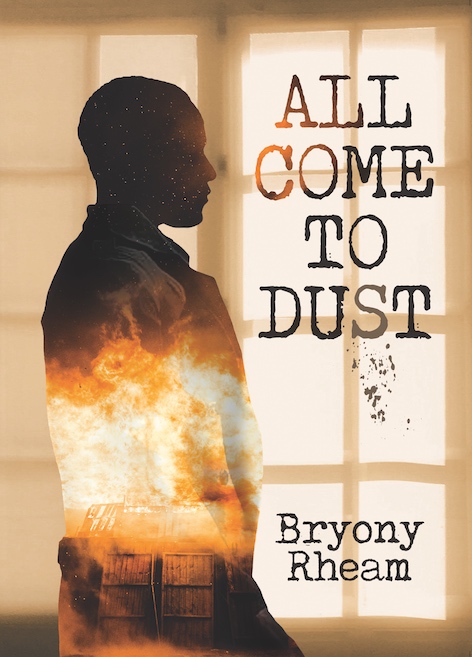
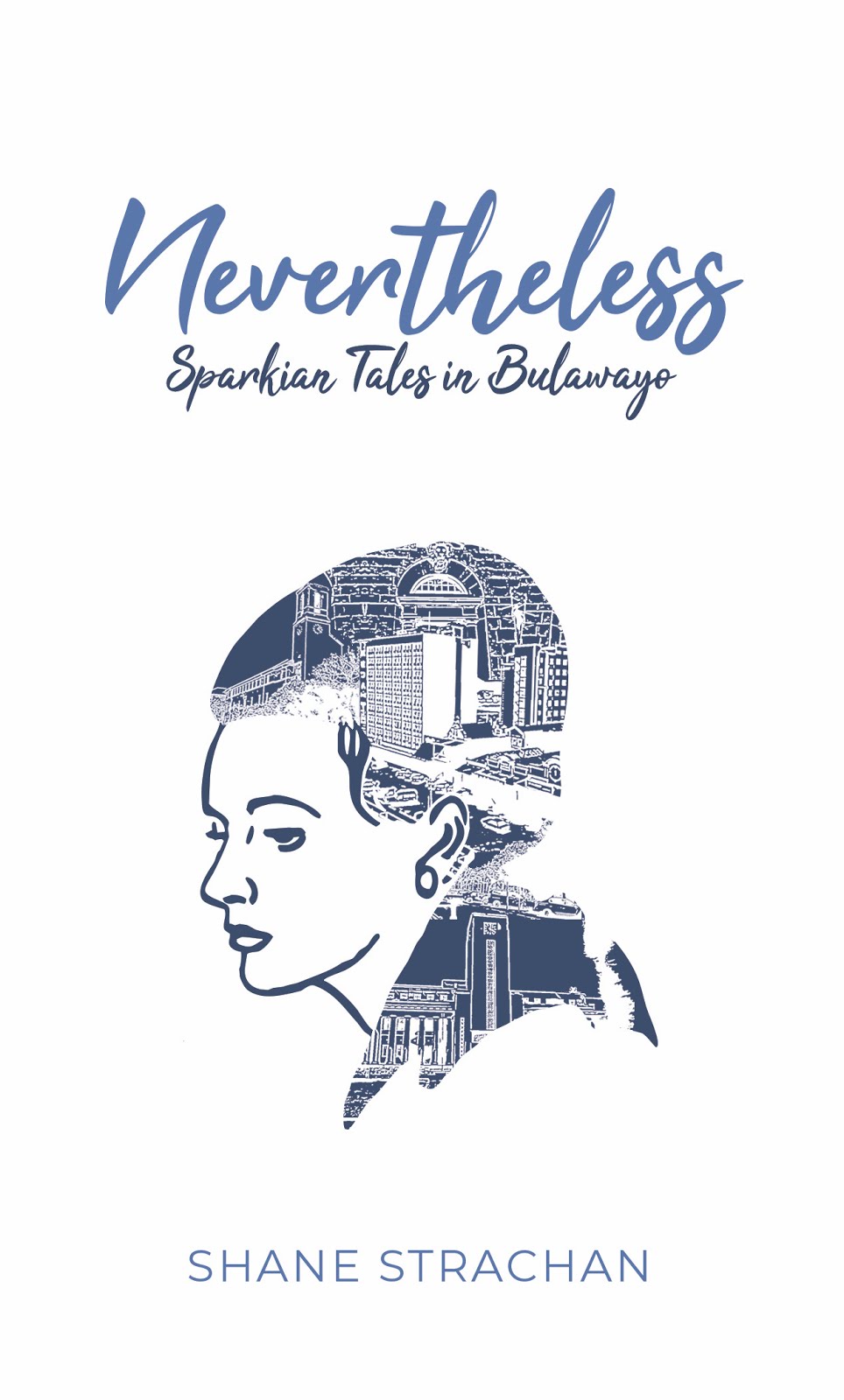





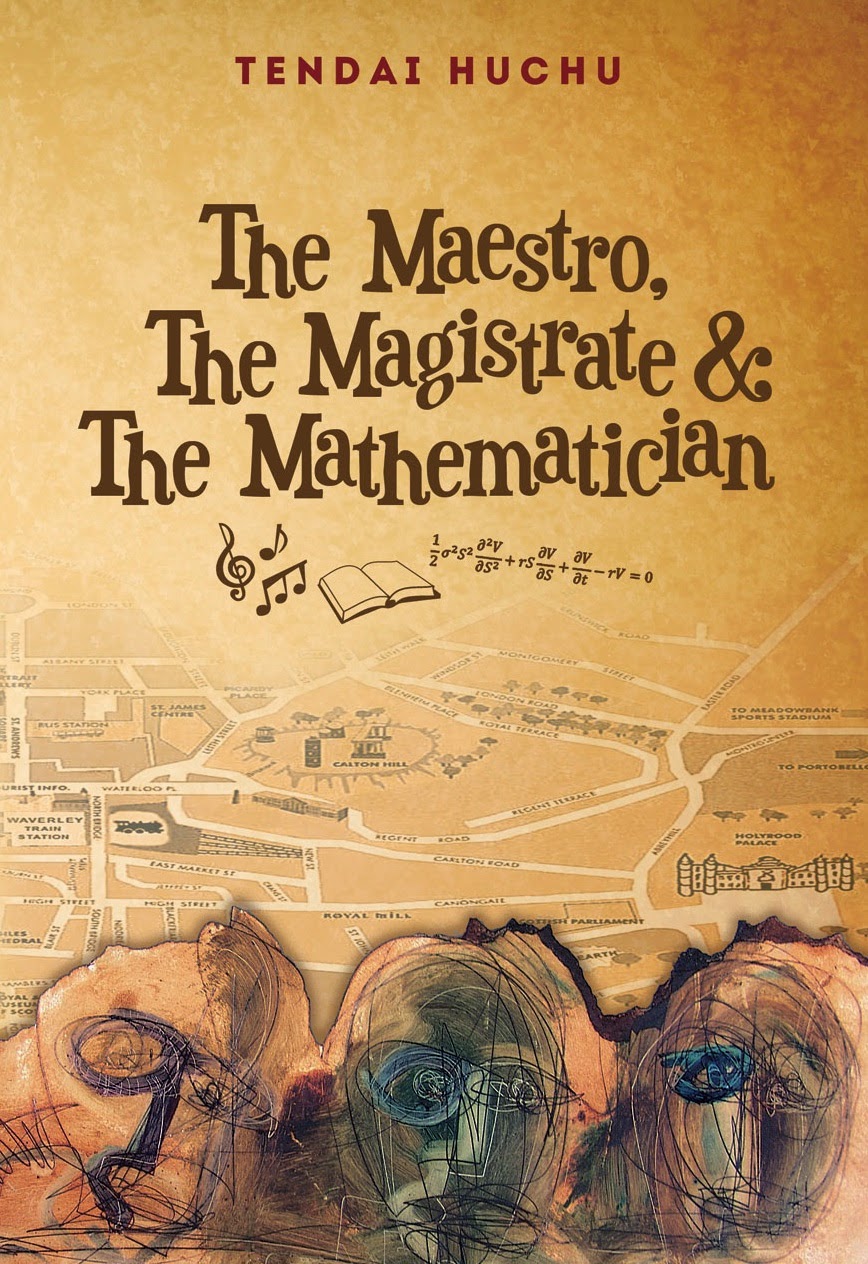
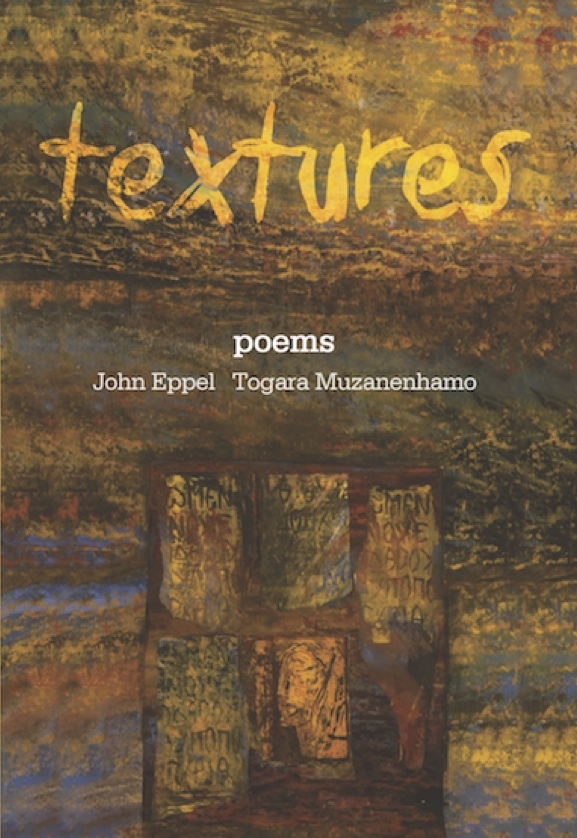
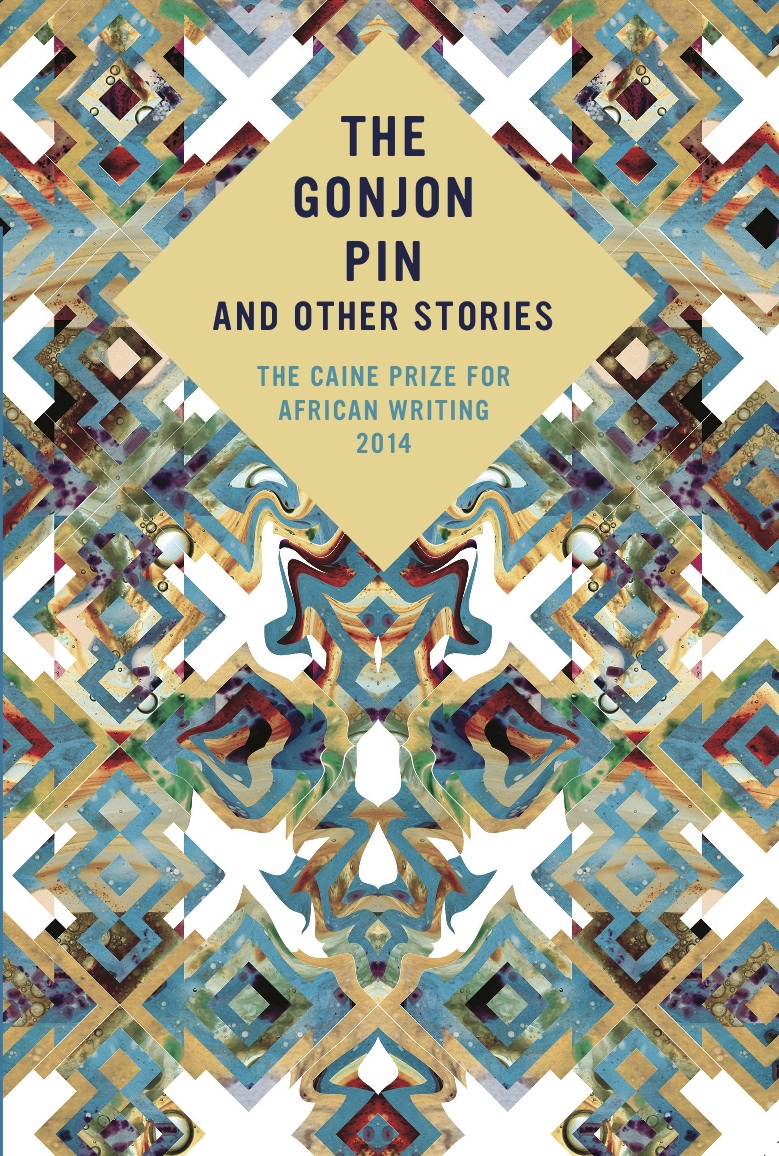
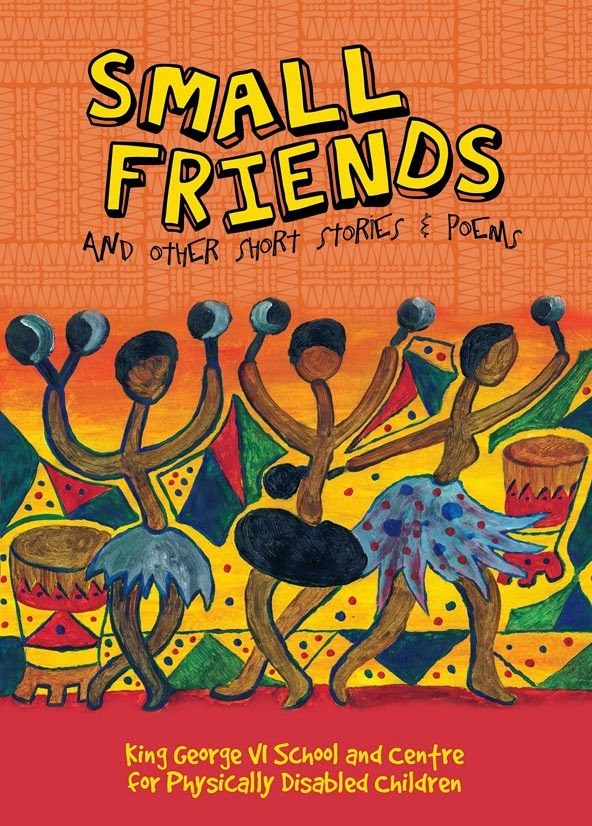
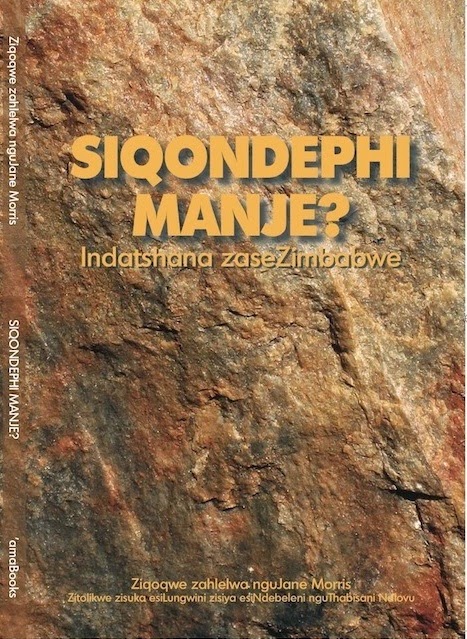
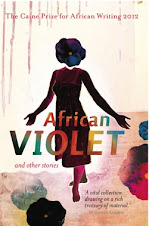

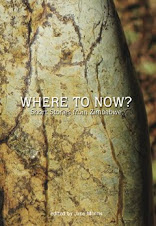
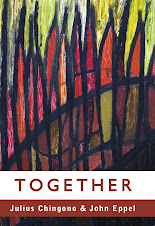
.jpg)

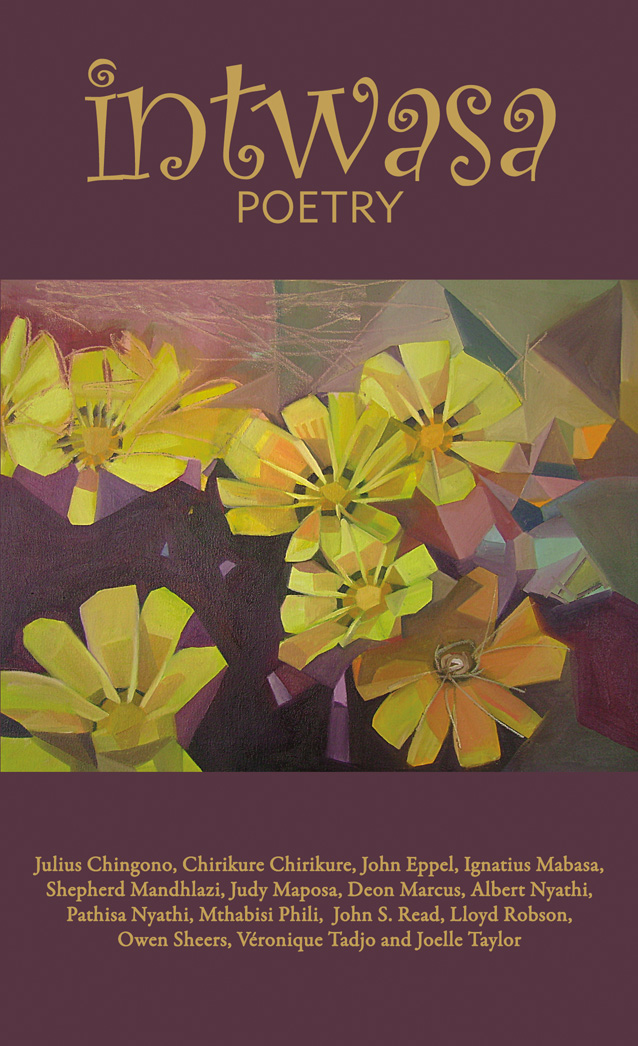


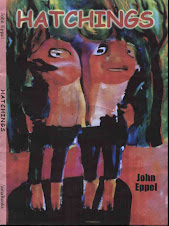













.jpg)

